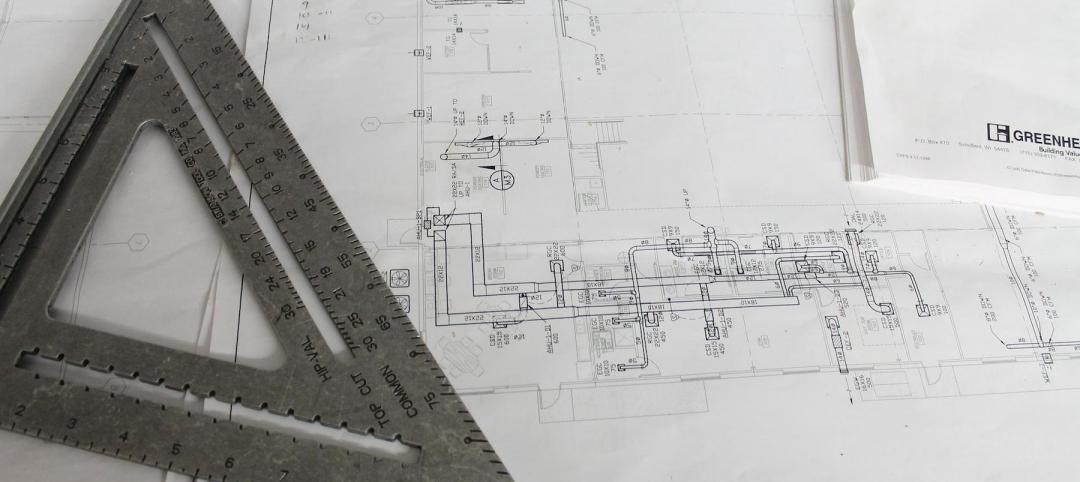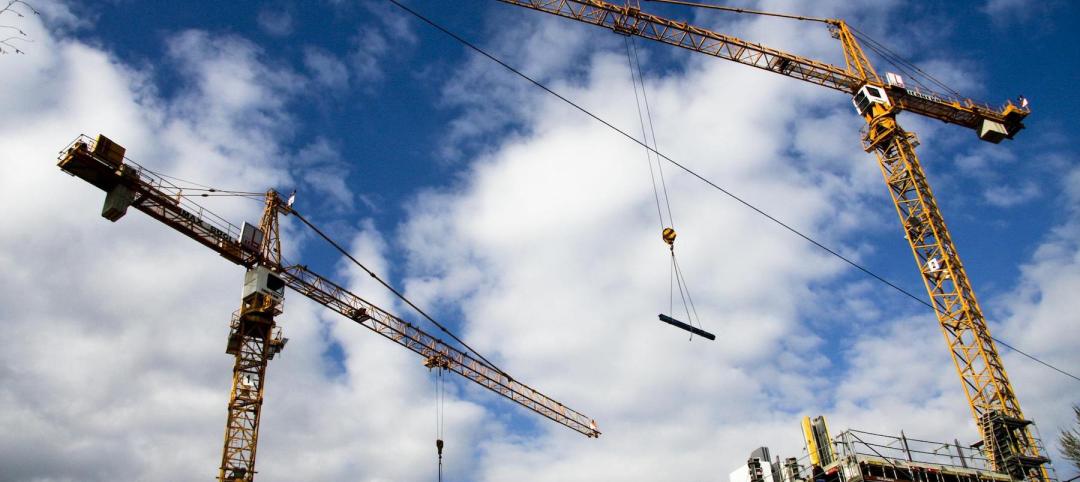Construction employment decreased from March 2020 to March 2021 in 203, or 57%, of the nation’s metro areas, according to an analysis by the Associated General Contractors of America of government employment data released today. Association officials said that the industry’s broader recovery in many parts of the country is being hampered by rising materials prices, supply chain disruptions and project cancellations.
“Nearly twice as many metros have lost construction jobs as gained them in the past 12 months, even though homebuilding has recovered strongly and the overall economy is in much better shape than it was a year ago,” said Ken Simonson, the association’s chief economist. “Nonresidential construction is still at risk of further declines in much of the country.”
Houston-The Woodlands-Sugar Land, Texas lost the largest number of construction jobs over the 12-month period (-31,000 jobs, -13%), followed by New York City (-24,000 jobs, -15%); Midland, Texas (-10,000 jobs, -26%); Odessa, Texas (-8,000 jobs, -39%); and Nassau County-Suffolk County, N.Y. ( 7,900 jobs, -10%). Odessa had the largest percentage decline, followed by Lake Charles, La. (-35%, -6,800 jobs); Midland; Longview, Texas (-24%, -3,600 jobs) and Greeley, Colo. (-21%, -4,100 jobs).
Only 104, or 29%, out of 358 metro areas added construction jobs during the past 12 months, while construction employment was stagnant in 51 metro areas. Seattle-Bellevue-Everett, Wash. added the most construction jobs over 12 months (5,300 jobs, 5%), followed by Indianapolis-Carmel-Anderson, Ind. (4,300 jobs, 8%); Austin-Round-Rock, Texas (4,000 jobs, 6%); Sacramento--Roseville--Arden-
Association officials said that construction firms were being squeezed by rapidly rising materials prices while they are unable to charge more for construction projects amid broader market uncertainties caused by the pandemic. They urged federal officials to ease tariffs on key construction materials – including steel and lumber – to address materials prices and to boost investments in infrastructure to boost demand.
“Construction employment is not going to rebound in many parts of the country while firms are struggling to afford the materials they need to complete existing projects,” said Stephen E. Sandherr, the association’s chief executive officer. “Once federal officials take immediate and effective steps to address both spiking prices and lagging demand, employment levels should rebound in more of the country.”
View the metro employment 12-month data, rankings, top 10, multi-division metros, and map.
Related Stories
Hotel Facilities | Jul 28, 2022
As travel returns, U.S. hotel construction pipeline growth follows
According to the recently released United States Construction Pipeline Trend Report from Lodging Econometrics (LE), the total U.S. construction pipeline stands at 5,220 projects/621,268 rooms at the close of 2022’s second quarter, up 9% Year-Over-Year (YOY) by projects and 4% YOY by rooms.
Codes and Standards | Jul 22, 2022
Hurricane-resistant construction may be greatly undervalued
New research led by an MIT graduate student at the school’s Concrete Sustainability Hub suggests that the value of buildings constructed to resist wind damage in hurricanes may be significantly underestimated.
Market Data | Jul 21, 2022
Architecture Billings Index continues to stabilize but remains healthy
Architecture firms reported increasing demand for design services in June, according to a new report today from The American Institute of Architects (AIA).
Market Data | Jul 21, 2022
Despite deteriorating economic conditions, nonresidential construction spending projected to increase through 2023
Construction spending on buildings is projected to increase just over nine percent this year and another six percent in 2023, according to a new report from the American Institute of Architects (AIA).
Building Team | Jul 18, 2022
Understanding the growing design-build market
FMI’s new analysis of the design-build market forecast for the next fives years shows that this delivery method will continue to grow, despite challenges from the COVID-19 pandemic.
Market Data | Jul 1, 2022
Nonresidential construction spending slightly dips in May, says ABC
National nonresidential construction spending was down by 0.6% in May, according to an Associated Builders and Contractors analysis of data published today by the U.S. Census Bureau.
Market Data | Jun 30, 2022
Yardi Matrix releases new national rent growth forecast
Rents in most American cities continue to rise slightly each month, but are not duplicating the rapid escalation rates exhibited in 2021.
Market Data | Jun 22, 2022
Architecture Billings Index slows but remains strong
Architecture firms reported increasing demand for design services in May, according to a new report today from The American Institute of Architects (AIA).
Building Team | Jun 17, 2022
Data analytics in design and construction: from confusion to clarity and the data-driven future
Data helps virtual design and construction (VDC) teams predict project risks and navigate change, which is especially vital in today’s fluctuating construction environment.
Market Data | Jun 15, 2022
ABC’s construction backlog rises in May; contractor confidence falters
Associated Builders and Contractors reports today that its Construction Backlog Indicator increased to nine months in May from 8.8 months in April, according to an ABC member survey conducted May 17 to June 3. The reading is up one month from May 2021.

















